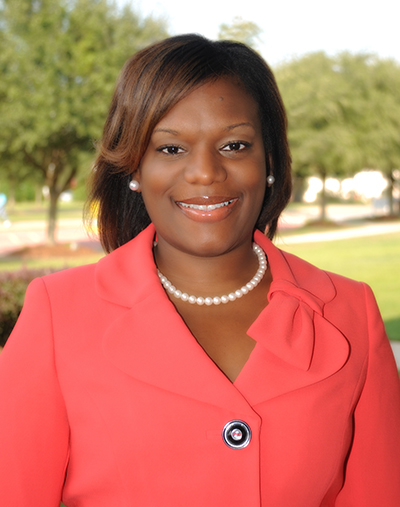


For months, many Russian analysts, commentators, and citizens alike were convinced that Putin would not engage in such an act of aggression.

While most Russians have few illusions about their leader, recognizing the corruption that benefits him and the elite around him, it remained all but unfathomable to most Russians that Putin would launch a major conventional war against their Ukrainian neighbors. Throughout his tenure, Putin has maintained relatively high levels of public support thanks in large part to his ability to restore economic growth and stability after the turmoil of the 1990s. Such a sea change could well be underway inside Russia, too. Russia’s invasion of Ukraine has sparked nothing less than a sea change in international perceptions of Putin and what must be done to confront him. Even Germany, long reluctant to confront Putin, agreed to exclude Russian banks from the SWIFT financial messaging system, reversed its long-standing prohibition on providing arms to conflict zones, and substantially increased its military spending. The result has been sweeping new measures designed to constrict and constrain him-punishing sanctions against Russia’s financial institutions, bans on Russian planes over EU airspace, and increased weapons shipments to Ukraine. But by embarking on a war of choice against a country he claims doesn’t have a right to exist, Putin has forced the international community to see him for what he is: a belligerent leader with a remarkable capacity for destruction. Since he came to power in 2000, various Western leaders have tried to cooperate, accommodate, or negotiate with him. Russian President Vladimir Putin’s attack on Ukraine has been a clarifying moment.


 0 kommentar(er)
0 kommentar(er)
